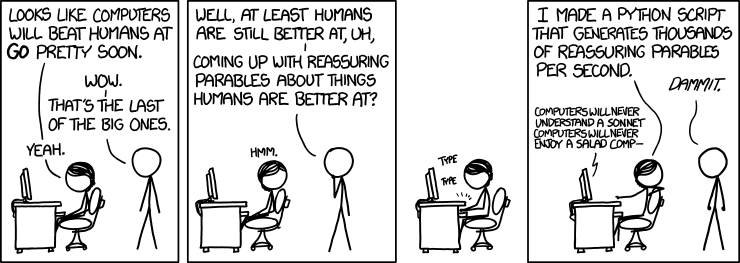The Biophilia Hypothesis in
Florence Williams' The Nature Fix
“Heaven
is under our feet
as
well as over our heads.”
—Henry
David Thoreau
In her
search for “nature neurons,” Florence Williams found that there are two main
theories for why nature benefits our brains: the biophilia hypothesis, which
posits that we feel most at home in nature because we evolved there, and the
cognitive hypothesis, the idea that being in nature improves our brain function.
In this blog post, I’ll focus on the second hypothesis.
Unlike biophilia, this theory does not begin with the
proposition that humans have an evolutionary emotional kinship with all living
things. Instead, the focus is on cognition: how does being in nature help us
focus, problem-solve, and work with others? As perceiving beings, we are
bombarded with so much sensory information that the bulk of the brain’s work is
filtering out what’s relevant. This is problematic, as it draws the brain away
from other tasks. Namely, the human brain has a processing speed of
approximately 120 bits per second, and it takes half that just to listen to one
person. Attention is thus a valuable resource, a resource which, by the
cognitive hypothesis, time spent in nature can help us replenish.
The brain’s cognitive
system consists of three main
networks. There is the executive network, which does most of the filtering
mentioned before. The spatial network calibrates our spatial awareness. The
default network—responsible for our hopeful, insightful, easygoing side—kicks
in when the executive network turns off. Therefore, a major cognitive
hypothesis is that being in nature allows our executive system to take a break,
thereby engaging the default network. In this way, we gain a sense of mental and emotional restoration.
We have long known—at least since the time of the first
peripatetic philosophers—that time
spent peacefully outdoors can clear the mind. Indeed, figures such as
Aristotle, Darwin, Tesla, and Einstein took nature walks to help them think, Regardless
of whether we explain the goodness of nature through the biophilia hypothesis
or the cognitive hypothesis, and regardless of whether the goodness is due to
nature itself or to the urban worries we leave behind, the very recent and
ongoing science shows that being outside benefits our health. With that in
mind, we can rethink nature’s importance in optimizing human potential and
happiness.
Though, for nearly a decade, a greater percentage of the
world population lives in urban areas than rural ones, little attention has
been paid to the task of ensuring that urban areas are compatible with our
psychological needs. Indeed, policymakers and civic leaders have an ethical
responsibility to consider citizens’ need for nature into urban planning,
policy decisions, and architectural design. We can also use the results of the
nature neuron research to improve our daily lives too.
Williams recommends following Tim Beatley’s nature pyramid.
At the base daily, local engagement with nature that helps us “destress, find
focus and lighten our mental fatigue.” The pyramid includes weekly park trips
and monthly visits to more remote outdoors. At the very tip is a yearly vigorous
extended wilderness excursions. However we can, we should prime our nature
neurons, which poetically resemble trees, for our health!
"Throw a stone into the stream and
the ripples that propagate themselves
are the beautiful type of all influence.”
—Ralph Waldo Emerson
Source: Williams,
Florence. The Nature Fix: Why Nature
Makes Us Happier, Healthier,
and More Creative. New York: W.W. Norton &, Independent Since
1923, 2017. Print.
Word Count: 549
Comment on Tanner's post:
http://bioethjpo.blogspot.com/2017/04/tanner-everetts-final-report-parts-1.html?showComment=1493088059466#c1543129993696800944
Comment on Sophie's post:
https://bioethjpo.blogspot.com/2017/04/final-report-installment-1.html?showComment=1493090754787#c5207154284696662338
First Installment:
http://bioethjpo.blogspot.com/2017/04/final-report-installment-i-biophilia.html











